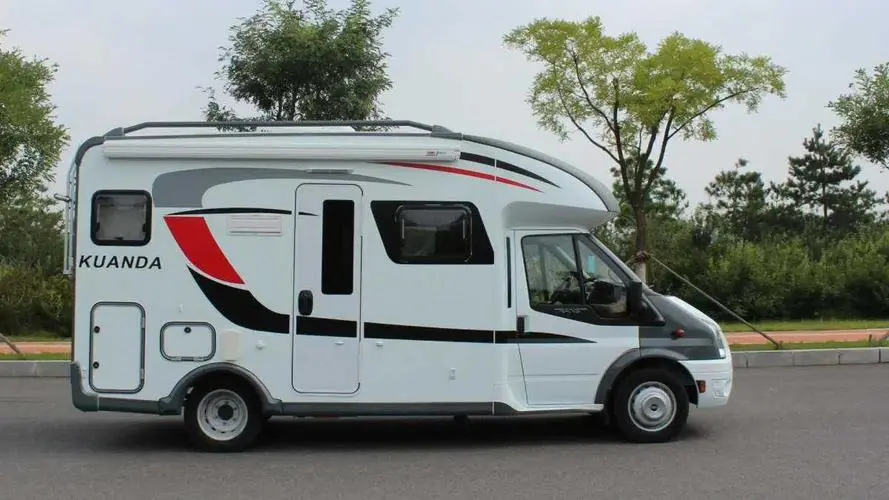 |
Welcome To Evlithium Best Store For Lithium Iron Phosphate (LiFePO4) Battery |
 |

Recreational vehicles (RVs) are a popular choice for explorers and travelers who value comfort and convenience while on the road. The choice of an electrical system within an RV - whether a 12V or 24V system - is crucial, as it directly impacts the vehicle's functionality and the user's experience.
Widespread Use: The 12V system is the most commonly used electrical system in RVs and other small vehicles. Its widespread adoption has led to a broad compatibility range with numerous devices and appliances.
Space Efficiency: 12V batteries are generally smaller than their 24V counterparts, making them ideal for smaller RVs where space is at a premium.
Historical Reliability: Historically, the 12V system was sufficient for the basic needs of RVs, including lighting, refrigeration, and other essential appliances.
Limited Capacity: As technology advances, the 12V system's ability to meet growing electrical demands is increasingly challenged.
Efficiency Concerns: In circuits of the same power, lower voltage (12V) results in higher current, leading to greater heat generation, resistance loss, and reduced overall performance efficiency.
Enhanced Capability: The 24V system supports a wider range of electrical equipment and appliances, especially more advanced and power-hungry devices.
Reduced Wiring Costs: With a smaller current requirement, the 24V system experiences less resistance loss, enhancing safety and lowering wiring costs.
Optimal for Larger RVs: For medium and large RVs, especially those equipped with solar systems, the 24V system provides more efficient operation with lower costs in motors and inverters.
Lower Versatility: The 24V system is not as widely compatible with common RV appliances, which predominantly operate on 12V. This necessitates additional step-down devices to convert 24V to 12V for certain circuits.
The decision between a 12V and 24V system depends on several factors:
RV Size and Type: Smaller RVs with limited space and appliance usage may find the 12V system adequate, while larger RVs with more extensive electrical needs may benefit from the 24V system.
Appliance Requirements: Consider the types and numbers of appliances you plan to use. Higher voltage systems are better suited for more power-intensive appliances.
Future-Proofing: Technology trends suggest a gradual shift towards higher voltage systems. Opting for a 24V system could be a more future-proof choice.
Edit by editor
Last Update:2023-11-27 11:27:57
All Rights reserved © 2026 Evlithium Limited